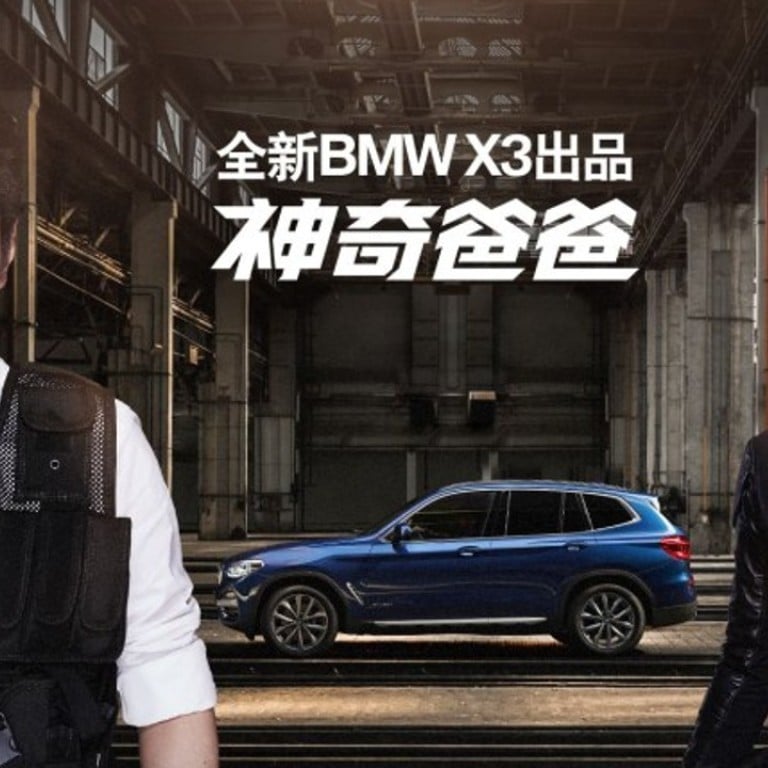Why luxury brands love China’s new ‘Wonder Dads’

Affluent fathers in China are engaging in parenting in new ways, and more brands are exploring dad-child dynamics in their campaigns
We know about China’s self-declared ‘spicy mamas’. But what about modern dads in China, who take a distinctly different approach to raising their children than the fathers of past generations? Luxury brands and new media platforms in China are finding that China’s affluent, modern dad is keen to be seen as part of a successful family unit.
“Success” in this sense is measured in terms of success as a family, with the culture of modern Chinese parents centred on raising their progeny in the most elite way possible. This social evolution is coupled with the fresh expectations that Chinese women have of their partners.
While the precise cultural dynamics differ from region to region, Chinese mothers are marrying with the idea that their partner will engage in parenting too. Whether you visit children’s play centres, observe hotel weekend brunches or skim through your WeChat Moments feed, you will see modern Chinese fathers burping their babies and playing with their kids.
How brands can engage with affluent Chinese dads
We spoke to Kiya, chief editor of Fathers magazine, which launched its WeChat account this year. While the media in China has reached saturation point in terms of the information and services it provides to many social segments, the publishers of Fathers had the confidence to start a fresh new brand because of the gap between what dads need to know and discuss, and the supply of relevant information and content.
“Chinese fathers today are happy to take on roles that previously were mainly [those] of the mother. They have realised the fun and joy in doing things with their kids. We see lots of examples of this with our readers. [As] an example, one boy decided that mushrooms were his favourite food. So his dad planned a weekend trip to the forest to actually forage for mushrooms, to learn about them in detail as an educational experience.”
Chinese fathers today are happy to take on roles that previously were mainly those of the mother
“On our media, we have a club for dads to join. Firstly, they really love to be part of a club, to find like-minded people in an otherwise busy, work-focused city. They love to identify who they are and tell this to their network. And for club members, when they join we send a professional artist to their home to create a picture of the family together. This idea of marking the family unit also appeals to them – like it’s their own legacy.”
Popularity of dad-child themes
Starting as one of China’s many semi-reality TV shows (with celebrities pretending to be “real” on camera), the immense popularity of TV show Where Are We Going, Dad? led to it being made into a movie.